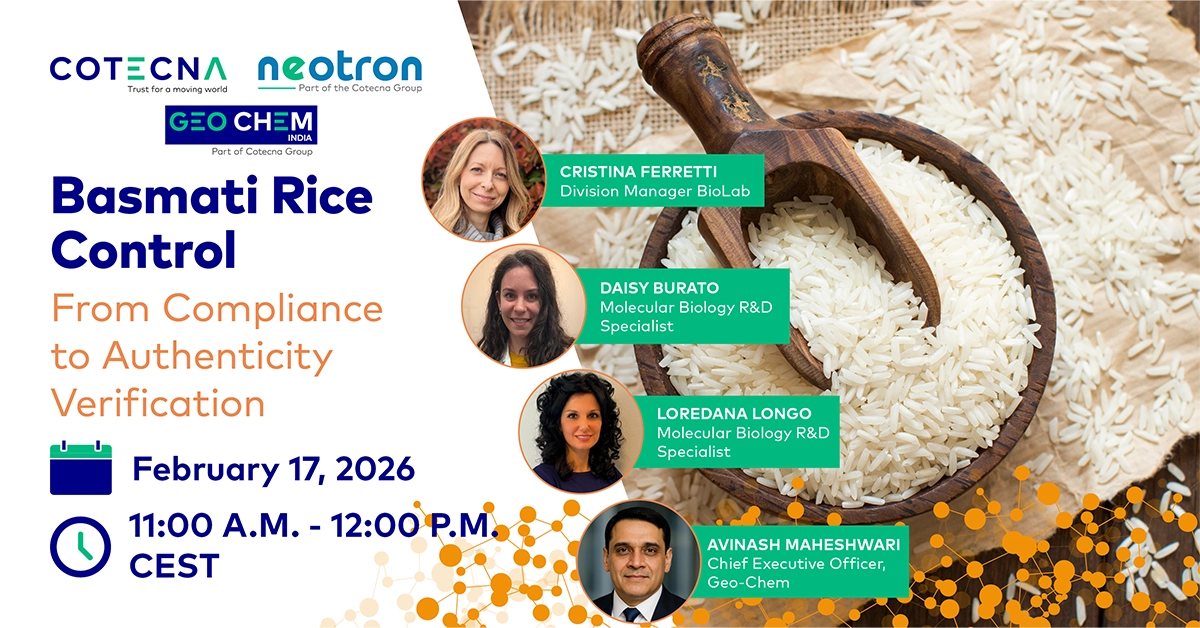Tags
ASEAN leadership to bend the curve on climate by strengthening food systems.

- Rice production contributes 1.5% of global GHG emissions from poorly managed fertilizer use and bacteria thriving in flooded rice paddies.
- Many promising solutions and pilot studies have demonstrated the significant near-term potential of sustainable rice farming.
- The First Movers Coalition for Food aims to create aggregated market demand for sustainably produced and low-emission agricultural commodities.
Nine out of ten grains of rice are grown in Asia. In the global trade of rice, almost one in every three grains will be exported from either Thailand or Viet Nam. Thailand alone produces approximately 20 million tonnes of rice annually, making it one of the top rice-exporting countries globally.
This staple crop, consumed by more than half of the world each day, is also a major opportunity to bend the curve on climate change. Rice production contributes 1.5% of global greenhouse gas (GHG) emissions from poorly managed fertilizer use and bacteria thriving in flooded rice paddies. This is almost as much as the entire aviation industry.
Asia’s famous 5,000-year-old rice terraces are facing growing challenges from climate change. The increasingly extreme climate brings weather shocks from droughts and floods, which in turn exacerbate an already price-volatile market. For an agricultural system dependent on over 70 million small family farmers in South-East Asia, who are already vulnerable to poverty, the benefits of reducing rice’s climate impact will be instrumental to keep feeding the world.
Green revolution(s)
Traditional rice farming was revolutionized in the mid-20th century through the invention of fertilizers, marking the world’s first Green Revolution. While this leap in productivity helped secure food for millions, it came at the cost of increased GHG emissions.
Today, the region stands at the cusp of a second Green Revolution, one that blends cultural wisdom with modern science technology, to create a more sustainable food system for a growing population.
To protect farmers from carrying the weight of this revolution on their own, governments, companies, research institutions and international organizations must channel their combined capabilities towards innovative solutions for sustainable rice farming. In this context, what are the key ingredients for this shift to more resilient outcomes?
More benefits through less methane
The largest GHG emissions from rice farming originate from flooded fields. While continuously flooded fields offer advantages such as natural weed and pest control and improve crop yields by preventing rice saplings from drying out, they also create low-oxygen zones that are ideal for methane-emitting bacteria. Methane is a potent GHG, significantly contributing to climate change.
However, research has shown that adopting sustainable rice farming practices can simultaneously enhance farmer resilience and deliver significant environmental benefits. For example, by adopting the technique of alternative wetting and drying (AWD), farmers can achieve the same benefits as flooded fields while substantially reducing their GHG emissions. AWD involves carefully managing the water levels in rice fields, which can reduce emissions by up to 70% in some pilot studies.
Another innovative approach is direct seeding, which involves planting rice seeds into dry soil rather than pre-flooded fields. This method reduces the conditions favourable for methane-emitting bacteria, potentially lowering the carbon footprint of rice farming by up to 40% in pilot studies.
Sustainable rice farming techniques have co-benefits too: the System of Rice Intensification (SRI) has been shown to increase yields by 20-100%, halve GHG emissions and water usage, and reduce seed inputs by 90% compared to traditional methods. The reduction in water usage is critical for a resource becoming increasingly scarce with climate change.
Sustainable practices must be economically viable for farmers to prevent exacerbating rural poverty and compromising global food security. These pilot studies have shown that by integrating these sustainable practices, rice farmers can significantly mitigate their environmental impact while maintaining productivity and profitability.
Many promising solutions and pilot studies have demonstrated the significant near-term potential of sustainable rice farming. The key now lies in harnessing the power of scale through collective action, ensuring these innovations reach every country. By uniting efforts across the rice industry, we can seize this opportunity to create a greener, more sustainable world.

Big ideas for bold change
By addressing the gaps in field rice farming and adopting some of the latest and innovative rice cultivation practices, Thailand has one of the greatest opportunities for positively impacting global methane reductions. As a kitchen of the world, providing rice to countries far and wide from South Africa to China, Thailand is a focal point for sustainable change.
In 2018, for example, Thailand launched the Thai Rice NAMA project, which covered almost 500,000 hectares and raised rice farmers’ awareness of how climate change effects – such as water scarcity drought, air pollution and other environmental factors – can impact their rice cultivation.
This education increased the adoption of low-emission technology such as AWD; however, the project identified that various logistical, technical and financial factors were limiting the full adoption potential of low-emission technologies.
Thailand’s leadership in scaling up sustainable rice production has demonstrated tangible progress and led to Thailand announcing another phase of the project in April 2024. This time, Thailand is looking to make systematic changes to the food industry, with the new phase of the project now covering an area of 750,000 hectares and an additional focus on the development of supportive policies and measures, as well as higher profits for Thai rice farmers.
Big bets for people and planet
Aggregated procurement has proven to be a powerful tool for driving change in hard-to-abate sectors, enabling organizations to pool resources, align goals and unlock new opportunities for sustainable supply chains. At the forefront of this transformative approach for the food industry is the First Movers Coalition (FMC) for Food, a global initiative designed to harness the collective demand of stakeholders to create more sustainable food systems.
In a significant milestone for this effort, Thailand recently announced its support for the FMC for Food initiative at the World Economic Forum’s Annual Meeting 2025, focusing on scaling up the supply of eco-friendly rice. This move highlights a broader strategy to leverage procurement practices as a catalyst for unlocking markets and driving demand for sustainable agricultural products.
“Through the First Movers Coalition for Food, leading global companies will send demand signals to catalyse the acceleration and adoption of environmentally friendly farming methods and green innovations. This collective public-private partnership will help de-risk upfront investments into more sustainable food production systems,” said Børge Brende, President and CEO of the World Economic Forum.
In joining together, the coalition is sending a cascading message across the industry to take advantage of this economic opportunity. In illustrating their progress and excitement for changing the rice market, coalition members are showing that sustainable rice is not only viable, but in demand.
The wider world should take note too, for as the demand for sustainable rice grows, so too does the demand for infrastructure investment, policy support and farmer training.
Ultimately, more sustainable, resilient and productive rice farming benefits both farmers and the world, and the ambitious targets for emissions reductions by companies and countries through the First Movers Coalition for Food can only succeed with strong, unwavering partnerships dedicated to driving change.
https://www.weforum.org/stories/2025/01/asean-strengthening-food-systems/Published Date: January 23, 2025







